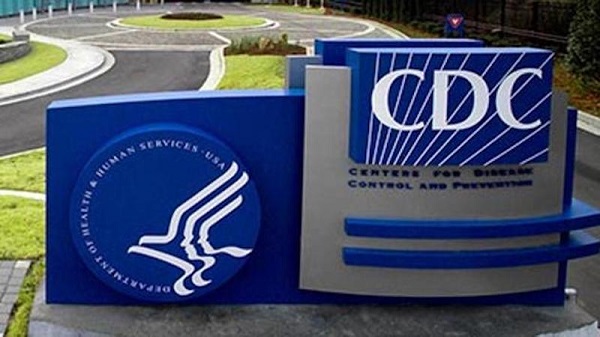
In a recent media roundtable in Abuja, the United States Centers for Disease Control and Prevention (CDC), Nigeria, highlighted the pivotal role of border health security in preventing pandemics within the country.
The program director of the Division of Global Health Protection at US CDC Nigeria, Ms. Farah Husain emphasised the importance of fortifying border health security as a critical measure against infectious diseases and other public health threats.
Husain clarified that “border health” typically refers to health conditions and issues in border regions between countries or areas. The mission of port health, aligned with global best practices, is to provide prompt and effective services for reducing morbidity, mortality, and disability due to communicable and non-communicable diseases at Points of Entry/Exit (POEs). Port health services involve inspection, disease surveillance, and environmental health activities for ships, aircraft and land vehicles.
During the media roundtable, Husain expressed the collaborative efforts between the US CDC and Nigeria in securing the country’s borders against infectious diseases. She acknowledged the ongoing challenges of infectious diseases globally and stressed the critical importance of effective border health as the first line of defense against the spread of diseases, acting as a gateway from isolated outbreaks to potential global pandemics.
Husain emphasised that a robust border health system requires meticulous planning, well-trained staff, and the enforcement of laws and regulations to implement crucial travel measures. She highlighted the partnership between the US CDC and ProHealth International, which supports port health services in Nigeria in implementing essential activities. The collaborative efforts were evident in the recent joint external evaluation (JE) scores, showcasing tangible achievements in strengthening health security.
Despite the progress, Husain acknowledged that more work was needed and reaffirmed the commitment of the US CDC as a steadfast partner to the government of Nigeria and port health services. The ongoing collaboration aims to enhance the country’s ability to prevent, detect and respond to evolving public health threats.
Director of port health services, Dr. Nseobong Akpan noted progress from one point to four in the last year, emphasising the administration’s commitment to prioritising health security. Akpan challenged stakeholders to collaborate effectively and urged holistic efforts involving various sectors, including the US CDC and other ministries, departments and agencies (MDAs), to comprehensively tackle surveillance.
Akpan highlighted the challenges, including overlooked points of entry and potential threats posed by unofficial entry points. He called for extended efforts at airports, seaports, and land crossings, coupled with heightened awareness and capacity building. Expressing concern about post-COVID-19 manpower shortages, he emphasised the importance of community involvement in disease containment.
Senior emergency management specialist at US CDC, Dr. Muhammad Saleh commended Nigeria’s substantial gains in improving border health security and identified the country as a potential model for the West Africa region.
Saleh affirmed that the US CDC would continue to support the government of Nigeria in strengthening core capacities in surveillance, laboratory, workforce development, and emergency preparedness and response across points of entry in Nigeria.

